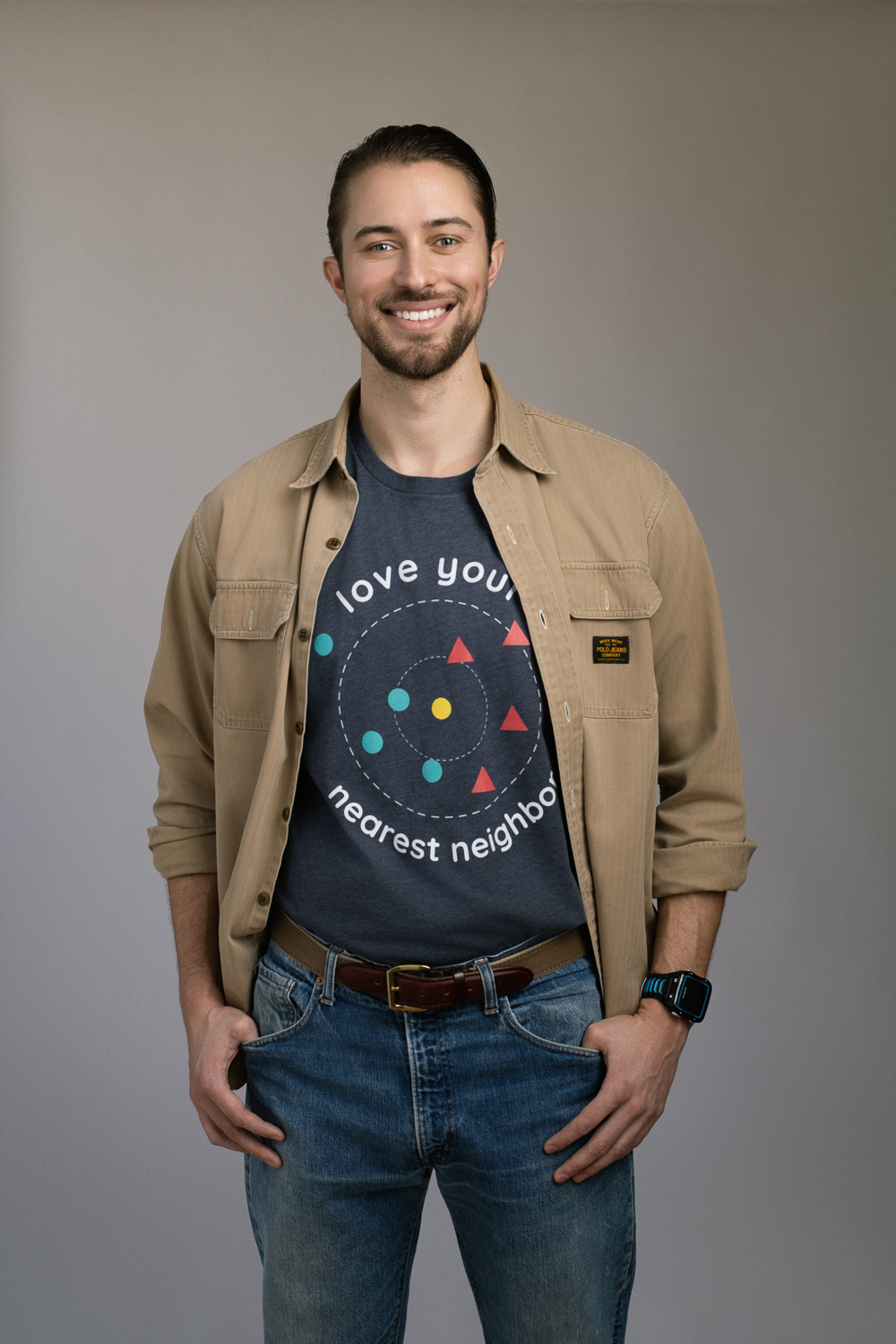The Pool That Changed Everything
Growing up with ADHD, I was the kid who couldn't sit still. School was tough – I felt lost in crowded classrooms, my potential hidden by constant distraction. When my family moved to a new neighborhood, we happened to settle just doors away from the community pool. That proximity would change my life.
That first summer, I lived at the pool – 7 AM swim practice to 9 PM open swim. In the water, I found more than just a way to burn energy. I found friends, mentors, and for the first time, a place where I belonged. By summer's end, I'd transformed from an anxious, bullied kid into someone with confidence and purpose.
That golden summer gave me everything: community, resilience, and the work ethic that would carry me through life's challenges.
From Champion to Technologist
Swimming became my outlet and passion. Despite tearing my MPFL senior year – a devastating knee injury that sidelined me for half the season – I came back to win four gold medals at the Pennsylvania state championships. Those victories led to Princeton, where I became a three-time Ivy League champion.
But between morning practices and afternoon weight sessions, another world captivated me: artificial intelligence. I dove into computer science with the same intensity I brought to the pool. Under inspiring professors, I explored machine learning and data-driven forecasting. Swimming had taught me focus, incremental improvement, and grit – qualities that translated perfectly to coding and AI research.
After Princeton, I spent a decade building AI systems at Amazon, Bloomberg, and Datadog. At Datadog, I led the development of their machine learning observability platform, scaling it from an experiment to a flagship product. Throughout, I never stopped swimming. And I couldn't stop noticing how primitive our tools were for tracking fitness and wellness.
The Problem That Needed Solving
In 2024, I saw a massive gap in the $6.3 trillion wellness industry. Most products are rigid, assuming everyone starts from the same baseline. But life is dynamic – busy seasons at work, injuries, family responsibilities – and our health tools should adapt accordingly.
One Size Fits None
Generic advice ignores individual physiology and circumstances
Fragmented Health View
Exercise, nutrition, and recovery treated as separate silos
What, Not Why
Data without insights or causal understanding
Not Actionable
Complex graphs that don't translate to real-world actions
Building Wake AI
I founded Wake AI with a simple belief: we can use artificial intelligence to provide personalized, adaptive health guidance that fits into your life. Not just tracking what you did, but predicting what will happen if you make a change, and guiding you accordingly.
We started with swimming because it's what I know best, and because it's the perfect testing ground for holistic wellness analytics. Swimming demands cardio endurance, strength, technique, and mindfulness. A swimmer's form reflects their total body wellness – sleep quality, nutrition, stress levels all manifest in stroke mechanics.
Our first product uses the same computer vision technology behind self-driving cars to analyze swim technique from video. But this is just the beginning. We're building multimodal AI models that understand how every facet of health interacts – how running affects sleep, how stress impacts workout performance, how nutrition influences recovery.
Our Mission
To build healthier communities where individuals can truly show up for each other.
From the lifeguards who cheered on a lonely 12-year-old at the pool, to the mentors who believed in me as an engineer, I owe everything to supportive communities. Wake AI is about paying that forward – using AI to give everyone access to personalized coaching that was once reserved for elite athletes.
Whether you're learning to swim, training for a triathlon, or just want more energy to play with your kids, Wake AI adapts to you. Because in a world where AI handles more of our work, our health becomes our most precious asset.
"The real victory isn't about coming in first; it's about knowing you've given your best. If Wake AI can help even one person achieve that feeling in their wellness journey, then this founder's journey will be worth it."
– David Paulk, Founder & CEOJoin Us in Building a Healthier Future
Experience how AI can transform your swimming and wellness journey.
